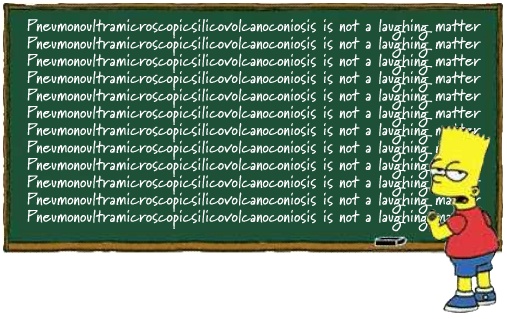One of the biggest challenges of learning a new language is getting to grips with an entire vocabulary worth of new words…and saying them correctly!
This is particularly true when it comes to learning a language for business purposes. At Commercial Language Training, we tailor our lessons to equip you with everything you need for effective communication in your specific sector and job role.
This often involves teaching words that won’t necessarily be used in daily conversation but which are vital for conducting business overseas in certain industries.
And some of those words are long.
But most of our students tend to laugh when they see these long words because they’re quite unlike anything they’ve ever encountered before.
Let’s take a look at some of the longest words in the world to give you an idea of just how challenging yet fascinating learning a new language can be.
What Are The Longest Words in English?
Ask most people to name the longest word in the English language and they’ll say “antidisestablishmentarianism” (28 letters). It’s a word used to describe opposition to the disestablishment of the Church of England.
But that’s not the longest word in English. Not even close.
“Pneumonoultramicroscopicsilicovolcanoconiosis” with 45 letters is the longest word in the Oxford English Dictionary. It contains nearly twice as many letters as antidisestablishmentarianism, and it refers to a lung disease derived from inhaling fine ash or sawdust (also known as P45). For pronunciation of this word and some other long words from the Oxford English Dictionary watch this video!
Yet even that is small fry compared to the correct chemical name for titin, the largest known protein. That’s a word that contains 189,819 letters and it takes three and a half hours to correctly pronounce it.
The Longest Words of the Ancient World
The ancients sure did have a way with words.
Here’s a word you won’t find in any dictionary:
“Lopadotemachoselachogaleokranioleipsanodrimhypotrimmatosilphioparaomelito-katakechymenokichlepikossyphophattoperisteralektryonoptekephalliokigklopeleiolagoio-siraiobaphetraganopterygon” (171 letters).
It is a transliteration of an Ancient Greek word used by Aristophanes to describe a dish made up of the most unappealing parts of 17 different animals.
And while we’re having fun with dead tongues, “Floccinaucinihilipilification” is a Latin word coined by a group of Etonians to describe something as trivial or insignificant. With 29 letters, it is widely recognised as the longest unchallenged, non-technical word.
It is also the longest word ever to be used in the British House of Commons. Conservative MP Jacob Rees-Mogg used the term in February 2012 to describe the remuneration of EU staff.
The Longest Words from the Wider World
“Afa’istasqaynakumuha” is an Arabic word, meaning “did we ask you to give it to us to drink”.
Tagalog is a language spoken in the Philippines. Their word for “saddest” is “Pinakanakapagpapabagabag-damdamin”, which means “the most upsetting thing”.
The Spanish word for “56,645 sided polygon” is “Pentakismyriahexakisquilioletracosiohexacontapentágono”, while “lentokonesuihkuturbiinimoottoriapumekaanikkoaliupseerioppilas” is a Finnish term for a specialist aerospace mechanic.
The Polish have a special term for someone or something that’s one year shy of a trillion years old. It’s “dziewięćsetdziewięćdziesiątdziewięćmiliardówdziewięćsetdziewięćdziesiątd
-ziewięćmilionówdziewięćsetdziewięćdziesiątdziewięćtysięcydziewięćsetdziewięćd
-ziesięciodziewięcioletni”.
And finally, there are certain languages that specialise in compound nouns – that is, words that are created through combining other words.
The longest such word in German is “Rindfleischetikettierungsüberwachungsaufgabenübertragungsgesetz” which means “law for the delegation of monitoring beef labelling”.
Specialist Language Training
You’ll notice that every single one of the above words is the sort of specialist or technical term that will probably never be used in everyday conversations but, when you’re learning a language for business reasons, your lessons may be full of the sort of words that aren’t exactly common but which are used every day in your sector.
And, yes, you may never have to memorise that impossible Polish term for something that’s not quite a trillion years old but you’re still going to have to get your head around some rather unusual words. Not only will our expert tutors equip you with the necessary technical vocabulary for your job role, they will also help you learn the vitally important pronunciation techniques of your chosen language to ensure that your pronunciation is correct.
With our carefully structured lessons, which are designed to be intensive yet enjoyable, we’ll get you up to speed in no time.
See our recent blog to find out how listening to songs in your chosen language can be a fun way to help you learn it – and if you are still wondering whether you should take the plunge and learn a language, see our blog article for 8 reasons why everyone should learn a language.
